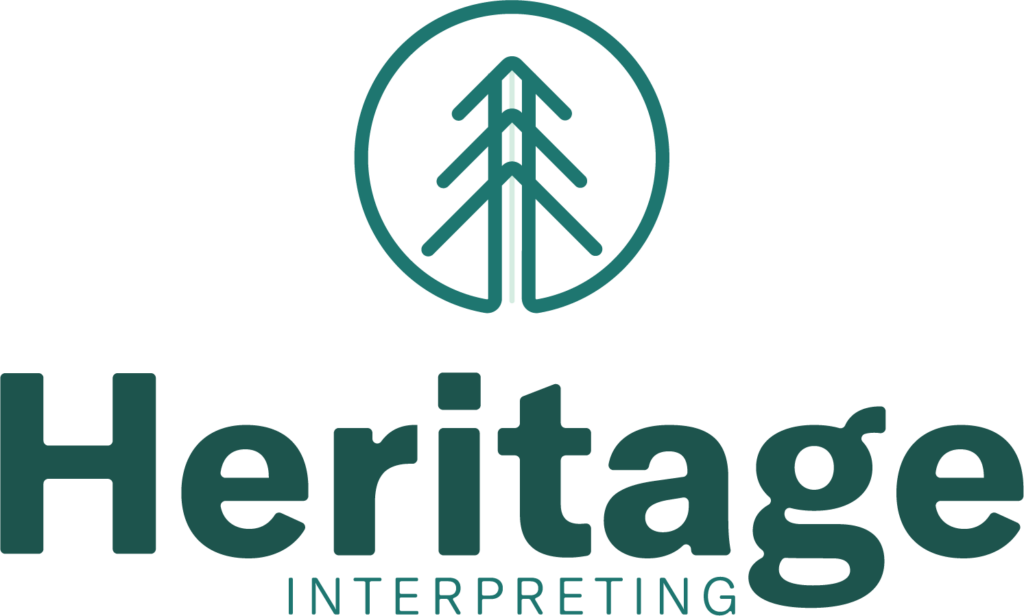The language services industry has been experiencing significant growth, not only due to the increasing demand for translation and interpreting services for spoken languages. A critical part of this expansion comes from the growing awareness and recognition of the need to serve the Deaf community better. The Deaf community is characterized by its rich and diverse culture and the use of sign language as the primary mode of communication. Heritage Interpreting, a Deaf-centric language services provider, is at the forefront of these changes, ensuring that accessibility remains the top priority for every customer. In this article, we will explore the current trends in language services and discuss how Heritage Interpreting is uniquely positioned to help clients navigate the challenges and opportunities in this ever-evolving landscape.
The Growing Importance of Sign Language
Sign language has long been a critical communication tool for Deaf individuals. Still, it has only recently begun to receive the recognition it deserves as an essential language service. This shift is due, in part, to the growing understanding that Deaf individuals have unique communication needs that can only be met through sign language interpreting services. As businesses, educational institutions, and public services strive to create more inclusive environments, the demand for qualified sign language interpreters has skyrocketed.
In response to this demand, the interpreting industry has expanded to encompass a wide range of services tailored specifically to the Deaf community. This includes video remote interpreting (VRI), which allows Deaf individuals to access interpreting services remotely through video conferencing technology. Another innovation is the development of specialized interpreting services, such as legal, medical, and educational interpreting, which cater to the specific needs of Deaf clients in various professional settings.
The Deaf-Centric Approach of Heritage Interpreting
Heritage Interpreting has distinguished itself within the industry through its Deaf-centric approach to sign language interpreting. This means that the company prioritizes the needs, preferences, and cultural values of Deaf clients at every stage of the interpreting process. By doing so, they ensure that their services provide access to communication and promote a deeper understanding of the Deaf experience.
One of the ways Heritage Interpreting achieves this is by employing a team of skilled and experienced sign language interpreters and managers, many of whom are Deaf or have close ties to the Deaf community. This firsthand knowledge allows them to understand better the nuances and complexities of sign language and Deaf culture. Moreover, the interpreters at Heritage Interpreting participate in ongoing professional development to stay current on industry trends and best practices, ensuring that clients receive the highest quality service possible.
Guiding Customers Through the Process of Ensuring Accessibility
Heritage Interpreting recognizes that many customers may be unfamiliar with the specific needs of Deaf individuals and the accommodations required to provide full accessibility. To address this, the company offers personalized guidance to help clients navigate the complex process of selecting and implementing appropriate accommodations. By understanding each client’s unique needs, Heritage Interpreting can recommend tailored solutions that effectively bridge communication gaps between Deaf and hearing individuals.
This approach is especially crucial when working with businesses and institutions that may be new to providing services for Deaf individuals. Heritage Interpreting is committed to educating its customers on the importance of accessibility and the various ways it can be achieved. This includes providing resources on best practices for creating inclusive environments and offering training and workshops for employees and staff members.
Conclusion
In today’s rapidly evolving language services landscape, it is crucial to have a provider that understands and prioritizes the unique needs of the Deaf community. Heritage Interpreting’s Deaf-centric approach, commitment to accessibility, and dedication to staying current on industry trends make them a trusted partner for clients seeking to ensure appropriate accommodations for Deaf individuals. By embracing innovation and promoting the importance of sign language, Heritage Interpreting is making the interpreting experience better for everyone.


